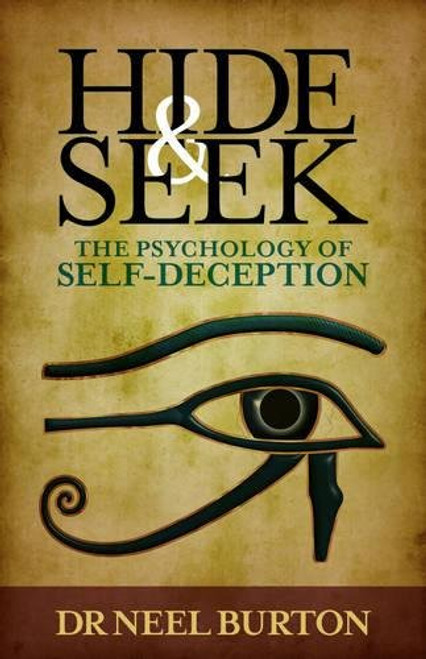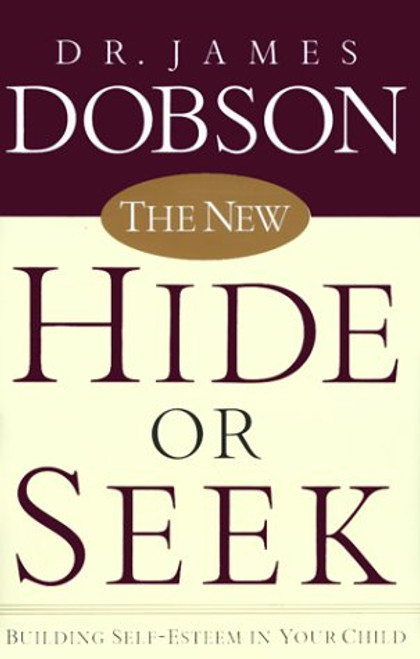What we believe to be the motives of our conduct are usually but the pretexts for it. - Miguel de Unamuno.
How and why do we deceive ourselves? How does this impact on us and those around us? And what, if anything, can we do about it? This book is a stand-alone sequel and companion piece to 'The Art of Failure', which explores what it means to be successful, and how, if at all, true success can be achieved.
From the back cover: Self-deception is common and universal, and the cause of most human tragedies. Of course, the science of self-deception can help us to live better and get more out of life. But it can also cast a murky light on human nature and the human condition, for example, on such exclusively human phenomena as anger, depression, fear, pity, pride, dream making, love making, and god making, not to forget age-old philosophical problems such as selfhood, virtue, happiness, and the good life. Nothing could possibly be more important.
How and why do we deceive ourselves? How does this impact on us and those around us? And what, if anything, can we do about it? This book is a stand-alone sequel and companion piece to 'The Art of Failure', which explores what it means to be successful, and how, if at all, true success can be achieved.
From the back cover: Self-deception is common and universal, and the cause of most human tragedies. Of course, the science of self-deception can help us to live better and get more out of life. But it can also cast a murky light on human nature and the human condition, for example, on such exclusively human phenomena as anger, depression, fear, pity, pride, dream making, love making, and god making, not to forget age-old philosophical problems such as selfhood, virtue, happiness, and the good life. Nothing could possibly be more important.









